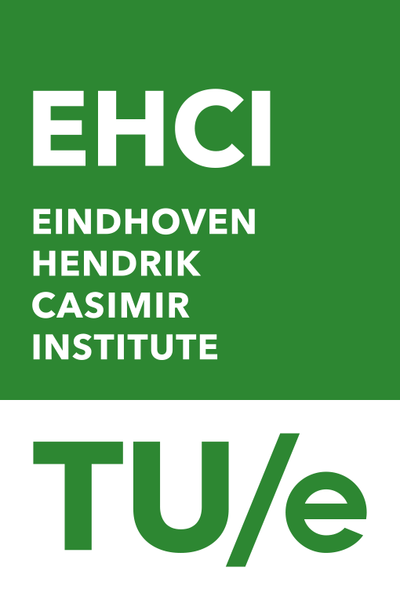Oliver Tse
Eindhoven University of Technology (TU/e)
Richard Feynman (1918—1988, American physicist)
Here, you find information on research activities, publications, and members within the project:
Funded by Dutch Research Council. In collaboration with the focus area Scalable Quantum Computing at the Eindhoven Hendrik Casimir Institute
Project Summary
Recent advancements in Rydberg atoms along with the spectacular degree of experimental control of state-of-the-art platforms have made it possible to realize quantum gates with high fidelity, and therewith drawing the advent of universal quantum computers closer to reality. Yet, quantum computing is still in the so-called noisy intermediate-scale quantum (NISQ) era, where the number of available error-free qubits is modest and quantum algorithms have yet to outperform their classical counterparts in practice.
Concurrently, the development of hybrid and near-term quantum algorithms, such as variational quantum eigensolvers (VQE), has been progressing at an enormous pace with the goal of allowing for quantum advantage in the NISQ era. This development, however, has mostly been independent of the developments in quantum computing hardware. In particular, many of these algorithms have yet to be tailored to the Rydberg platform. For instance, standard VQEs make use of digital quantum circuits that rely on digitized quantum gates, while the physical control of qubits in Rydberg systems is governed by laser pulses which are inherently analog in nature.
In this project, we aim to bridge the gap between digital gate-based VQEs and actual analog pulse-based control mechanisms in Rydberg platforms and will do so by introducing a Rydberg-atom pulse-based Variational Quantum Optimal Control (VQOC) framework. This framework brings together recent progress in the understanding and control of Rydberg platforms and the well-developed theory of quantum optimal control to allow for the deployment of consistent and inconsistent error-robust algorithms onto Rydberg platforms. The outcome of this project serves not only to fill an important gap between theory and hardware for Rydberg platforms, but also provides an approach for modeling VQEs on open quantum systems, and ultimately a strategy for constructing optimized quantum circuits in the presence of decoherence.
Project Related Material
- Robert de Keijzer, Servaas Kokkelmans, Marcos Ruibal Ortigueira, Oliver Tse and Luke Visser. Quantum relative entropy for unravelings of master equations (arXiv:2511.22976)
- Robert de Keijzer, Servaas Kokkelmans, Oliver Tse and Luke Visser. Consensus-based qubit configuration optimization for variational algorithms on neutral atom quantum systems, 2025 (arXiv:2504.06702)
- Robert de Keijzer, Servaas Kokkelmans, Oliver Tse and Luke Visser. Fidelity-enhanced variational quantum optimal control, 2025 (arXiv:2501.17692)
- Robert de Keijzer, Servaas Kokkelmans, Oliver Tse and Luke Visser. Qubit fidelity distribution under stochastic Schrodinger equations driven by classical noise, 2025. (arXiv:2401.11758)
- Robert de Keijzer, Servaas Kokkelmans, Oliver Tse and Luke Visser. Variational method for learning Quantum Channels via Stinespring Dilation on neutral atom systems (arXiv:2309.10593)
- Robert de Keijzer, Servaas Kokkelmans and Oliver Tse. Recapture Probability for anti-trapped Rydberg states in optical tweezers
APS Physical Review A, 2023. (arXiv:2303.08783) - Robert de Keijzer, Servaas Kokkelmans and Oliver Tse. Pulse-based variational quantum optimal control for hybrid quantum computing
Quantum, 2023. (arXiv:2202.08908)

